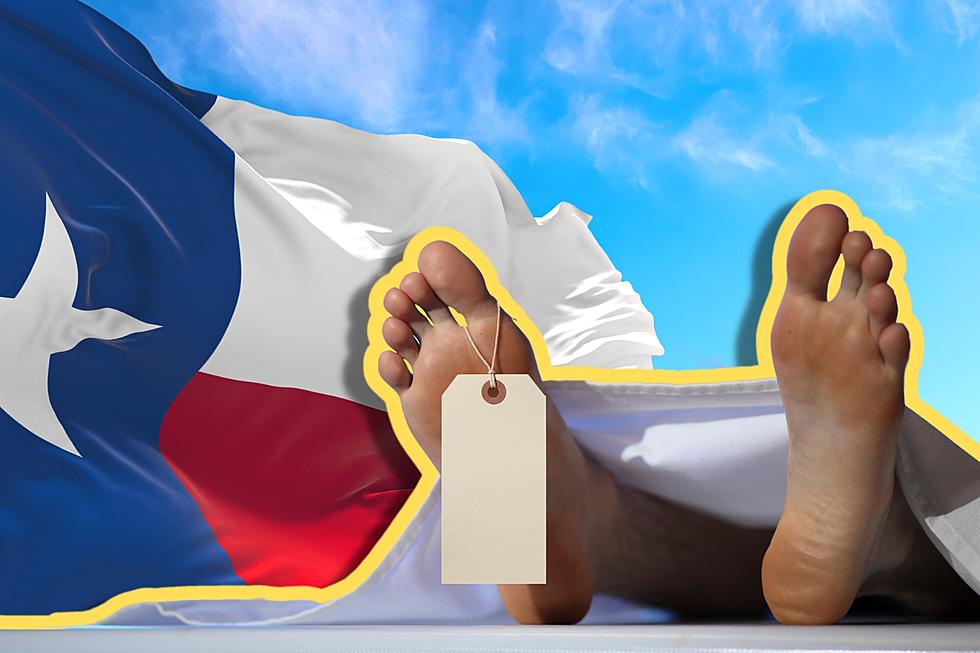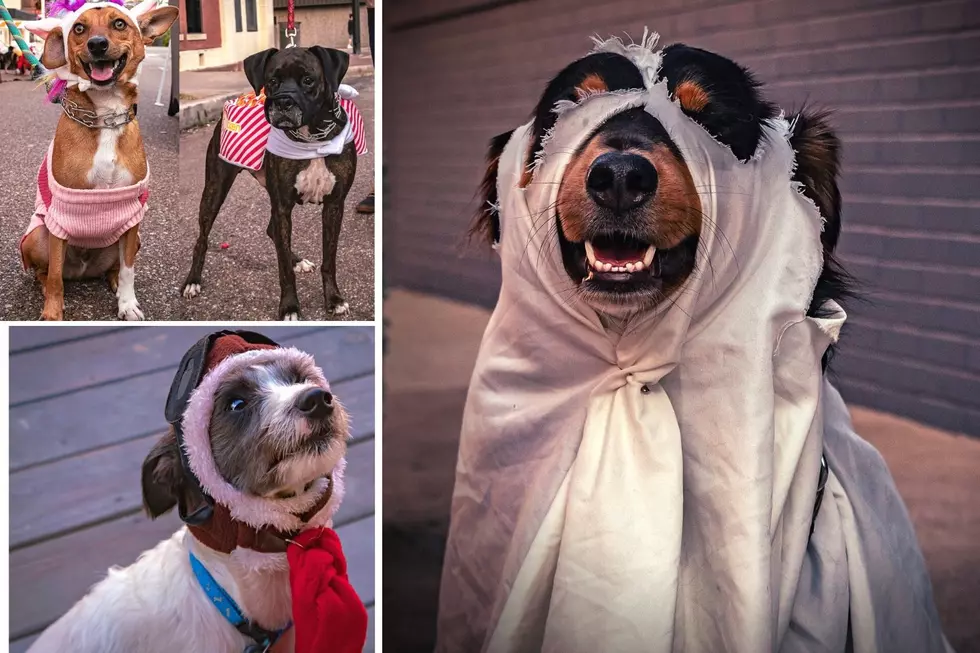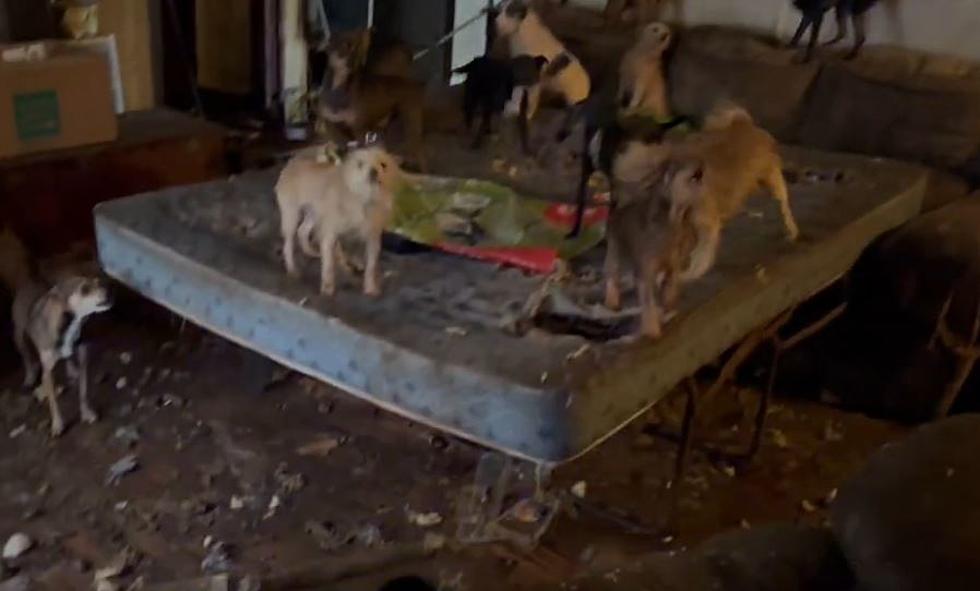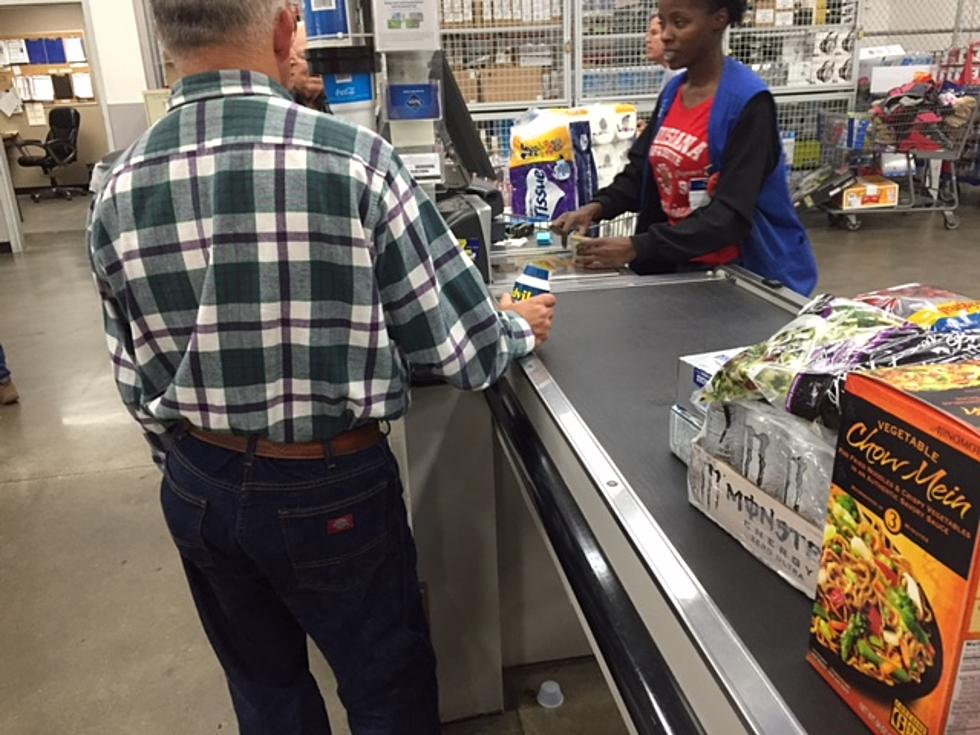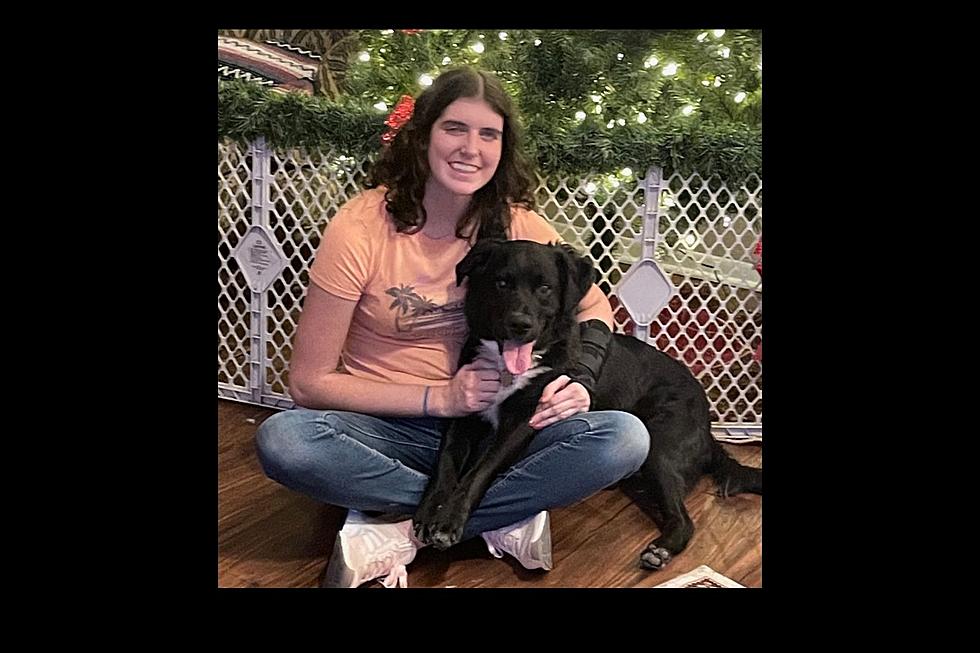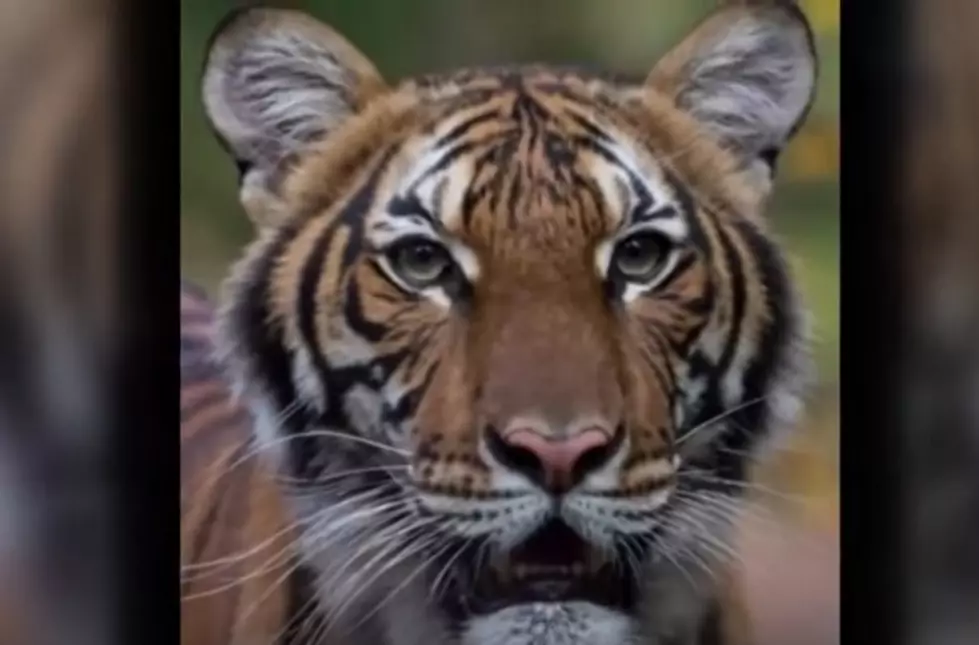
Bronx Zoo Tiger Tests Positive More Studies Needed For Pets
Over the course of the few months pet owners and animal enthusiasts have diligently consulted reports from worldwide health organizations that indicated the rarity of animals contracting COVID-19.
Now, it seems we're not so sure.
On Sunday, the Wildlife Conservation Society of the Bronx Zoo announced that one of their tigers, a four year old Malayan tiger, Nadia, has tested positive for COVID-19. "We tested the cat out of an abundance of caution and will ensure any knowledge we gain about COVID-19 will contribute to the world’s continuing understanding of this novel coronavirus."
According to news sources such as Fox 8, Nadia contracted the COVID-19 virus from a zoo caregiver who was asymptomatic at the time. This is the first case of it's kind. " This is believed to be the first known infection in an animal in the U.S."
Nadia's sister Azul along with two Amur tigers and three African lions developed a dry cough but only Nadia was tested due to the risks associated with large cats needing to be placed under anesthesia in order to perform the COVID-19 test.
According to the USDA news release here, all of the animals are expected to recover. "It is not known how this disease will develop in big cats since different species can react differently to novel infections, but we will continue to monitor them closely and anticipate full recoveries."
The USDA goes on to state, "We are still learning about this new coronavirus and how it spreads. Further studies are needed to understand if and how different animals could be affected by COVID-19."
New reports such as the one published in Nature.com suggests that domesticated cats and ferrets are more susceptible to contracting COVID-19 than we once thought but dogs and ducks still remain in the one of the lowest categories.
The more we will learn about COVID-19, the more will learn about how it affects certain animals, as in the case of Nadia and the cats at the Bronx Zoo.
More research is still needed in an effort to educate ourselves worldwide about the spread of COVID-19 in animals, however limiting contact with your pet by less physical contact and licking as well as sharing food is recommended by Nature.com, especially if you are showing signs of the COVID-19 infection.
The USDA recommends that if you think your pet has COVID-19 to call your veterinary clinic first.
Here is the latest report from the CDC to offer you the most updated information regarding pets and COVID-19.
In the meantime, be sure to wash your hands before and after interacting with your pet.
Here is a YouTube video of the breaking news story of Nadia provided by the BBC.

More From KIXS FM 108
